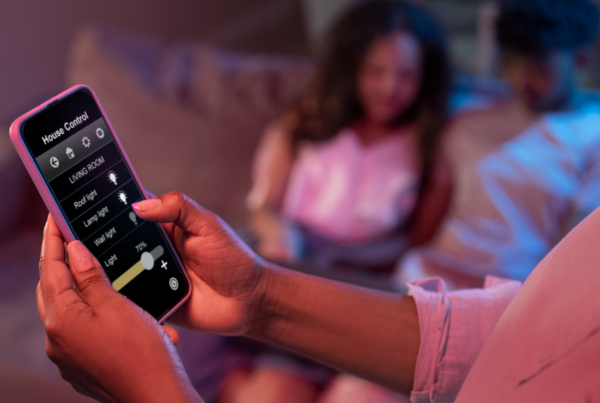
Why paranoia is no longer enough when it comes to online security
All you wanted to do was see pictures of your friend’s recent holiday, buy that gift or read a news story. Your accounts have been hacked, your credit card is stolen, and your PC is mining Bitcoin. That’s the Internet of today, and tomorrow might be scarier…
We are not here to talk about security cameras breaking the Internet, ransomware causing the NHS to shut down or a teddy bear that’s vulnerable to hackers. We are talking about how navigating the Internet and doing everyday things is becoming increasingly dangerous. If things carry on at this pace being paranoid about online security will not be enough to keep your data safe.
Two common pieces of advice were once presumed to be some of the most secure ways to protect your data. The first is 2 Factor Authentication and the second is VPN (Virtual Private Networks).
2 Factor Authentication (2FA) protects your accounts with a second layer of protection. The most commonly used form is a random number texting you a verification code after you have logged in. There is just one problem, this method is completely busted. A known exploit in telephone signalling protocols lets hackers redirect SMS messages to any phone they want. And it’s actually happened. Rather stick to other forms of 2FA.
VPNs work by encrypting your data and running it through a server and then out to the world. This should work as it prevents potential hackers from seeing your data. The problem with VPNs is that the majority of the companies offering these services are a bit sketchy. If you aren’t careful, a VPN can actually be less secure.
Even if you are paying close attention, navigating the Internet is no easy task. An incredibly sophisticated Google Doc Phishing attack that targeted journalists proved that even the sceptical aren’t immune.
As more of our lives move online it becomes more important to secure that space. Who knows when the Internet of tomorrow will arrive?



